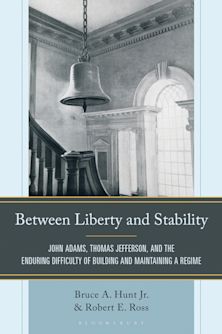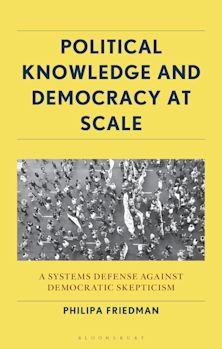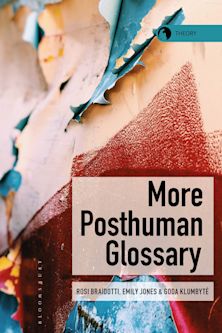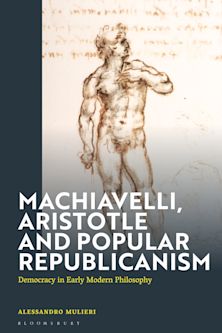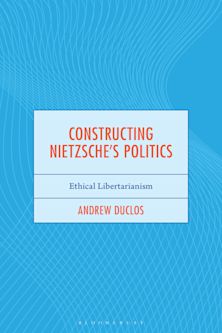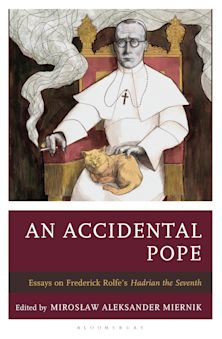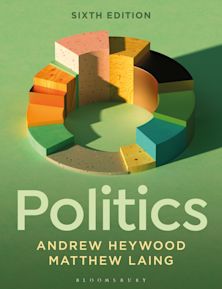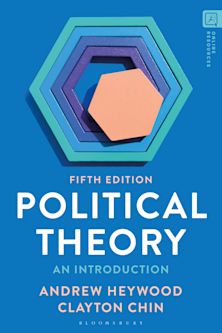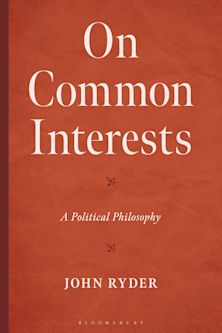You must sign in to add this item to your wishlist. Please sign in or create an account
Description
The Scottish philosopher Adam Smith (1723-1790) was as a pioneer of political economy. In fact, his economic thought became the foundation of classical economics and his key work, An Inquiry into the Nature and Causes of the Wealth of Nations, is considered to be the first modern work in economics. For Smith, a free competition environment was the best way to foster economic development that would work in accordance with natural laws. The framework he set up to explain the free market remains true to this day.
Table of Contents
3. Smith's Genealogy of Morality \ 4. The Impartial Spectator and Moral Objectivity \ 5. Political Economy in The Theory of Moral Sentiments \ 6. Political Economy in The Wealth of Nations\ 7. Resolving the "Adam Smith Problem" \ Part III \ 8. Smith's Enduring Significance, Part One: What Smith Got Wrong \ 9. Smith's Enduring Significance, Part Two: What Smith Got Right \ Epilogue. Smith: Conservative or Libertarian? \ Bibliography \ Index
Product details
| Published | 20 Jan 2011 |
|---|---|
| Format | Ebook (PDF) |
| Edition | 1st |
| Extent | 200 |
| ISBN | 9781441104403 |
| Imprint | Continuum |
| Series | Major Conservative and Libertarian Thinkers |
| Publisher | Bloomsbury Publishing |
About the contributors
Reviews
-
Voltaire said of Adam Smith 'This Smith is an excellent man! We have nothing to compare with him.' To paraphrase Voltaire, James R. Otteson's Adam Smith is excellent and we have nothing to compare. This book is outstanding.
Lacy H. Hunt, PhD, Chief Economist, Hoisington Investment Management, Austin, Texas, USA

ONLINE RESOURCES
Bloomsbury Collections
This book is available on Bloomsbury Collections where your library has access.












